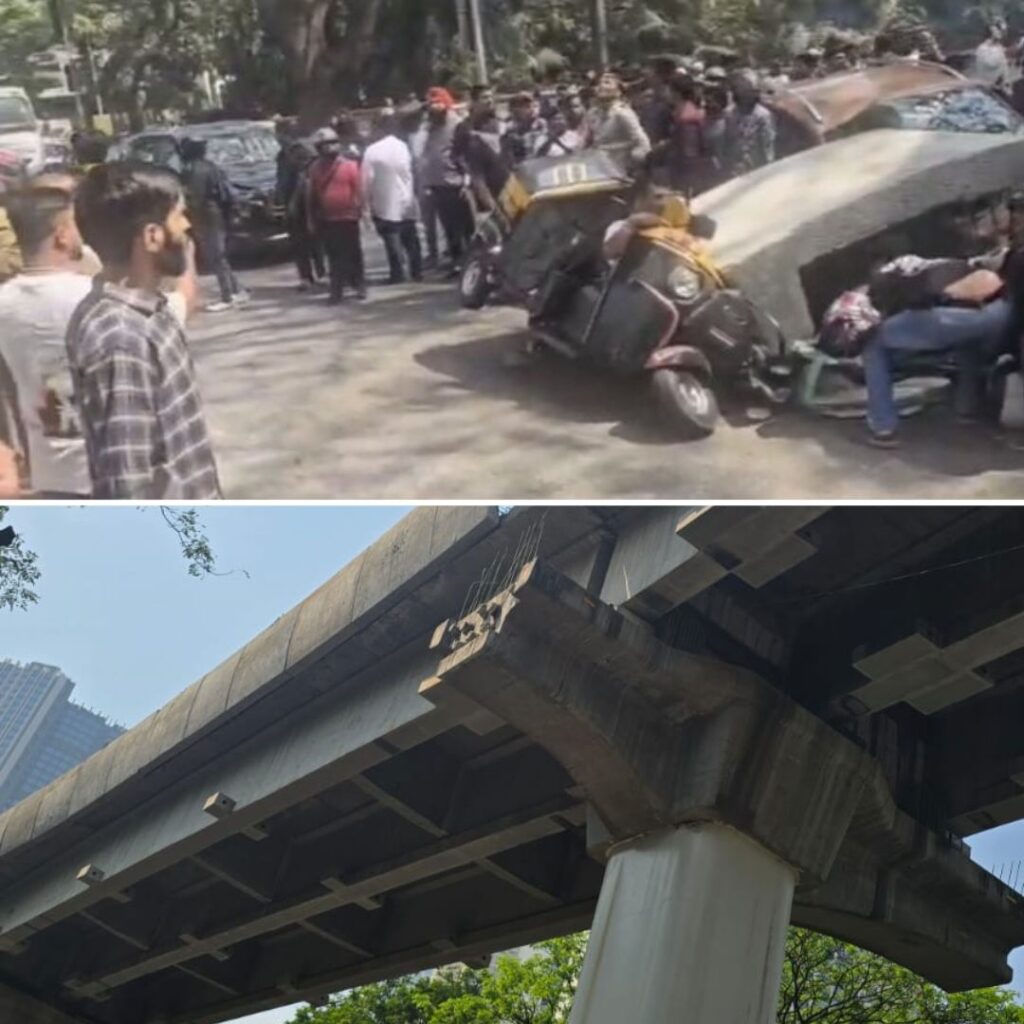The United Nations High Commissioner for Human Rights has filed an intervention application in the Supreme Court raising concerns over the Citizenship Amendment Act (CAA) and also informed India’s Permanent Mission in Geneva about the same.
The plea is likely to be filed today.
Responding to this, External Affairs Ministry spokesperson Raveesh Kumar said called CAA an ‘internal matter of India’ and said that it concerns the sovereign right of the Indian Parliament to make laws.
‘We strongly believe that no foreign party has any locus standi on issues pertaining to India’s sovereignty,’ he said.
‘We are clear that the CAA is constitutionally valid and complies with all requirements of our constitutional values. It is reflective of our long-standing national commitment with respect to human rights issues arising from the tragedy of the Partition of India,’ the minister claimed.
Kumar also arrested that India is a democracy that is governed by the rule of law.
‘We all have the utmost respect for and full trust in our independent judiciary. We are confident that our legally sustainable position would UN body moves Supreme Court over CAA, India says our internal matter be vindicated by the Supreme Court,’ he claimed.
Michelle Bachelet, UN High Commissioner for Human Rights, last week, had voiced concerns over the CAA and the violence in Northeast Delhi, urging the government to avert further violence.
The UN human rights office had also called the CAA as ‘fundamentally discriminatory in nature’, and demanded its review.
The government of India then clarified saying that the act aimed at protecting minorities from Bangladesh, Pakistan and Afghanistan. However, the UN body stated that ‘ it does not extend the same protection to Muslims, including minority sects’.
The US Commission on International Religious Freedom (USCIRF) has also urged the Trump administration to take action and consider sanctions against India if the contentious act was successfully passed.
Also Read: ‘India Is A Secular Country, Can’t Divide Hindus And Muslims’: Amartya Sen On Delhi Violence












